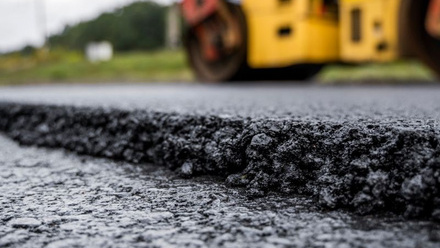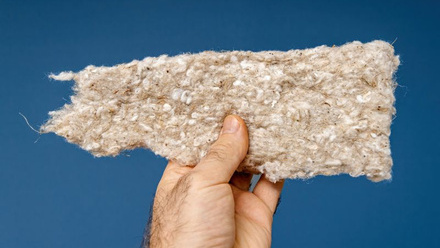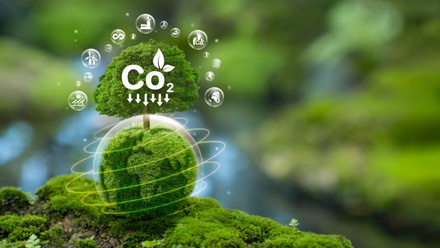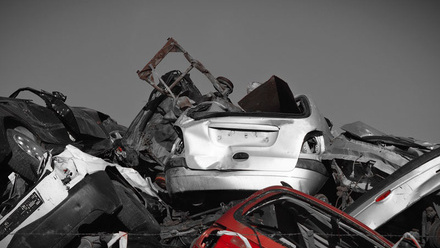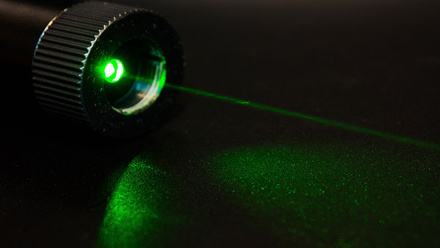Iron fuel first for Swinkels Brewers
The first industrial installation using iron fuel may boost sustainability of heavy industries.
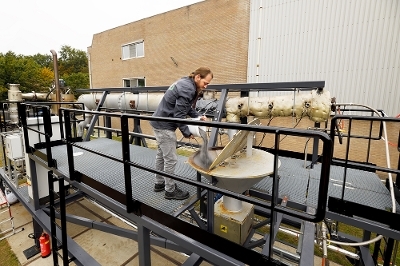
While readers may be familiar with the claim that certain soft drinks are ‘Made with girders’, researchers and student team SOLID of TU Eindhoven (TU/e), Netherlands – together with Swinkels Family Brewers and the Metal Power consortium – have announced world’s first industrial installation using iron powder as a circular fuel. This iron fuel is a promising energy carrier which is sustainable, reusable, safe, compact and easily transportable.
By successfully connecting the installation to the brewing process of brewery Bavaria, Lieshout, one of the breweries of Swinkels Family Brewers, the team has shown that iron fuel can be applied as a sustainable substitute for heat-intensive industries and power plants.
Rust to rust
‘The beauty of iron fuel is that you can release the energy stored in iron fuel when and where you need it’, notes Philip de Goey, Professor of Combustion Technology at TU Eindhoven. ‘If you grind iron into a powder, it becomes highly flammable and this combustion releases a lot of energy in the form of heat. This heat can meet the industry’s energy demand’.
‘No CO2 is produced during combustion and only rust remains’, explains De Goey. ‘It’s a circular process: you capture this rust powder and sustainably convert it back into iron powder.’
Furthermore, he explains, iron fuel is safe and loses virtually no energy during storage.
The trial builds on work by the student team SOLID, which proved that it was possible to combust iron fuel in the lab.
Chan Botter, who leads student team SOLID is keen to note work continues, ‘There’s already a follow-up project which aims to realize a 1MW system in which we also work on the technical improvement of the system. We’re also making plans for a 10MW system that should be ready in 2024. Our ambition is to convert the first coal-fired power plants into sustainable iron fuel plants by 2030.
‘We are also busy converting the residual product – rust powder – back into iron fuel via the so-called regeneration process. This allows us to store sustainable energy in iron fuel and complete the iron fuel cycle. We’re looking into various technologies, both existing and non-existent to realize this. The first results will become apparent at the beginning of next year’.
The Metal Power consortium is co-financed by the Province of Noord-Brabant and consists of TU/e, Metalot, SOLID, Uniper, Enpuls, Nyrstar, EM Group, Heat Power and Romico.



